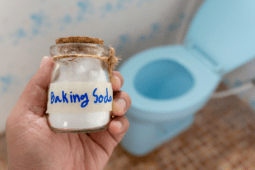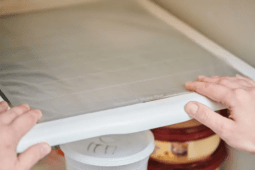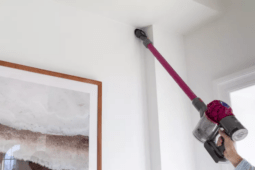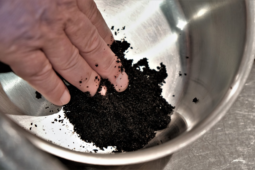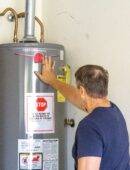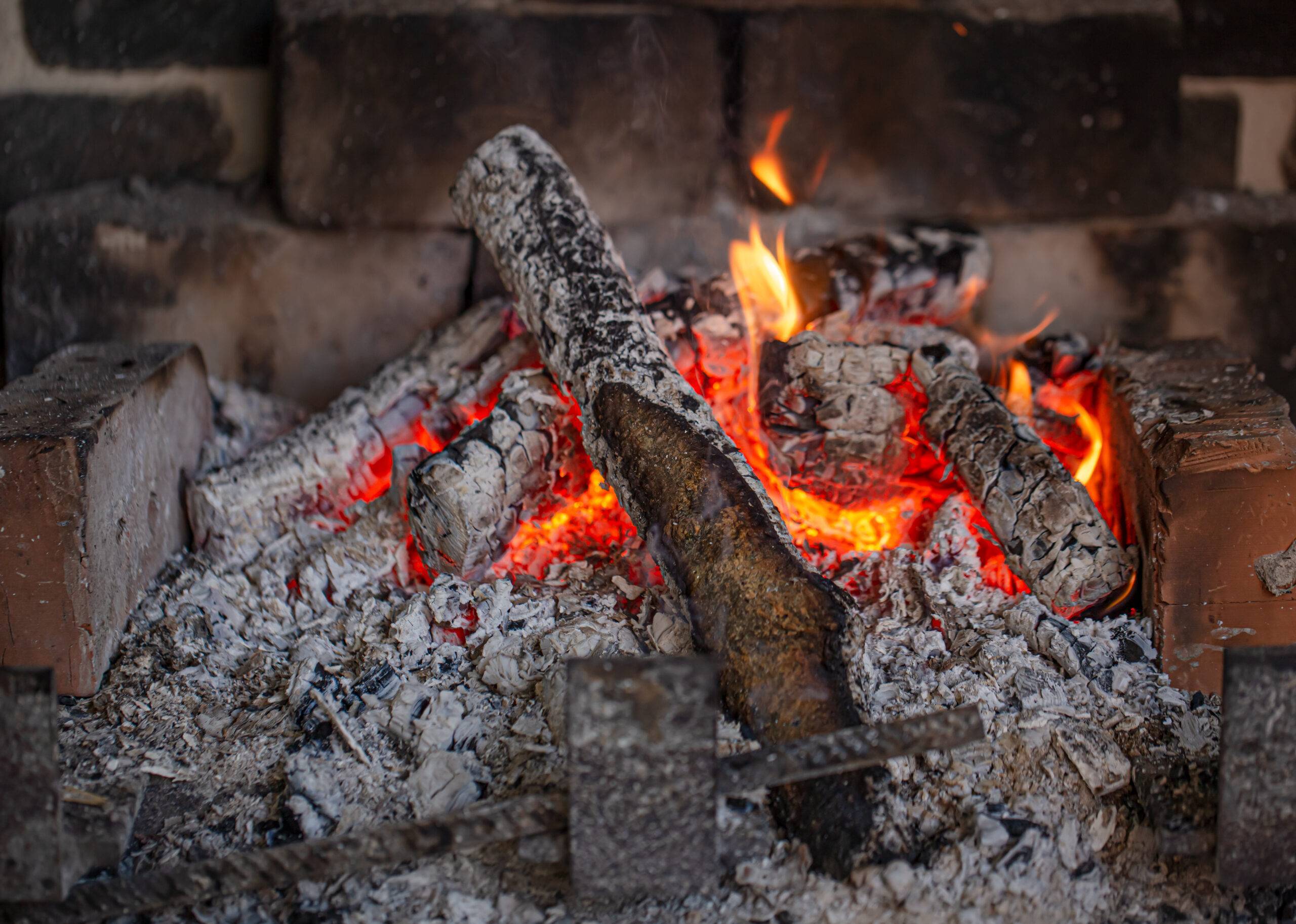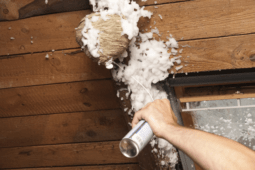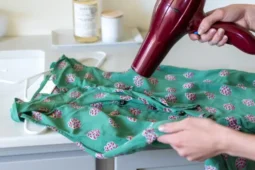5 Things You Absolutely Must Know About Your House
There are a few things you should either know coming into a new home or find out right away, as they’ll help you better understand the space you’re living in. The better you understand it, the less you’ll be caught off guard when something breaks or needs attention. These aren’t the usual tips about decorating or cleaning, these are the small but important things that every homeowner deserves to know. They’ll save you stress, time, and maybe even some money down the line.
1. Your Main Water Shut-Off Valve
Every home has one, but not everyone knows where it is. The shut-off valve stops all water from coming into your home. If a pipe bursts or your toilet overflows uncontrollably, this is the only thing standing between you and a disaster, so it’s worth finding now and not when there’s already a leak flooding your floor. It might be in the basement, a utility closet, or near the street. Check that it turns easily, too. If it’s stuck, that’s a simple job for a plumber, and a smart one before an emergency happens.
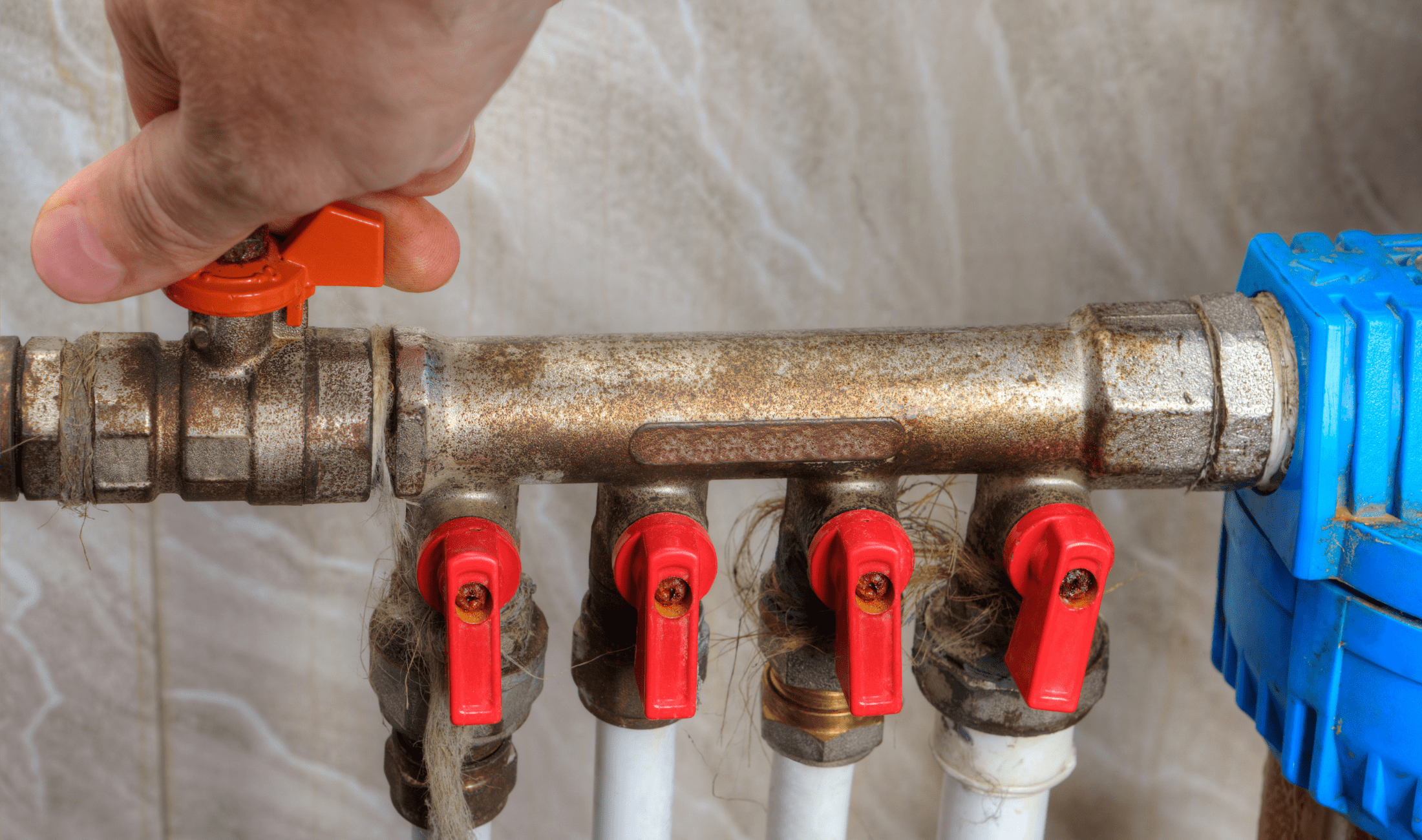
2. The True Age of Your Major Appliances
Your water heater, furnace, AC unit, and roof all have lifespans. It’s not enough to guess their age. Check the labels or serial numbers to find the manufacture date. If these items are nearing their end, start budgeting now. A failing water heater or furnace will almost always go at the worst possible time, often during extreme weather. Knowing what’s getting old gives you control and helps you avoid surprise breakdowns that leave you scrambling.
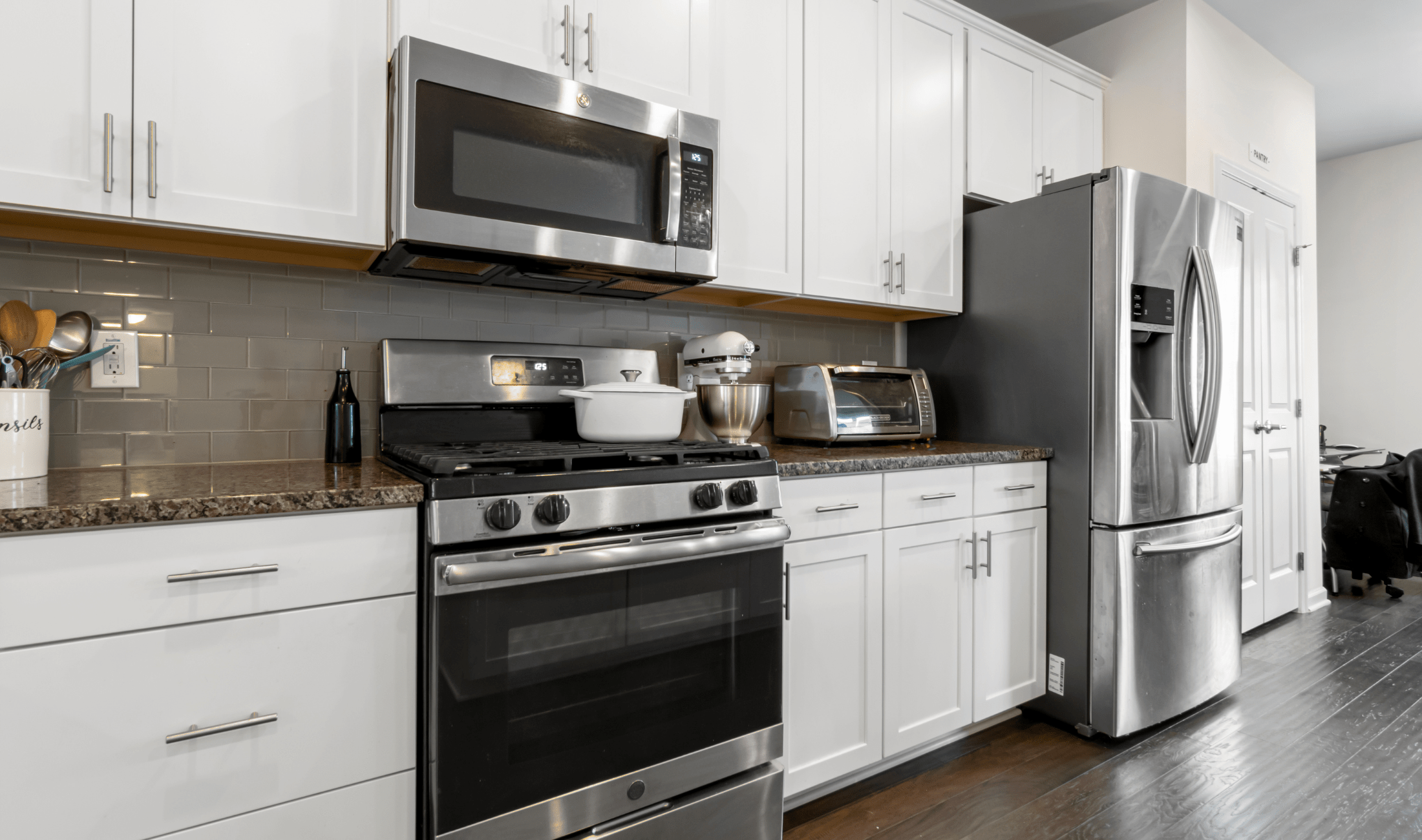
3. What’s Behind Your Walls
Before you hang a shelf, drill, or cut into a wall, wait. You need to know what’s hiding back there. Water pipes, electrical wires, and even gas lines could be right behind wherever you’re working. Stud finders with wire detection are cheap and easy to use. In older homes especially, this knowledge is safety-critical. One wrong screw can lead to flooding, power outages, or injury, so take the few minutes to scan the wall properly. It’s time well spent.

4. What Kind of Water You Actually Have
Hard water doesn’t just leave spots on your glasses, it slowly ruins appliances, pipes, and water heaters, so you should know if your home has hard or soft water. Simple test kits are cheap, or you can often tell by soap scum buildup and stiff laundry. If you have hard water, a softener system can protect your home’s plumbing and help things last much longer. If you’re renting, even a small, in-line filter for your washing machine can make a big difference.
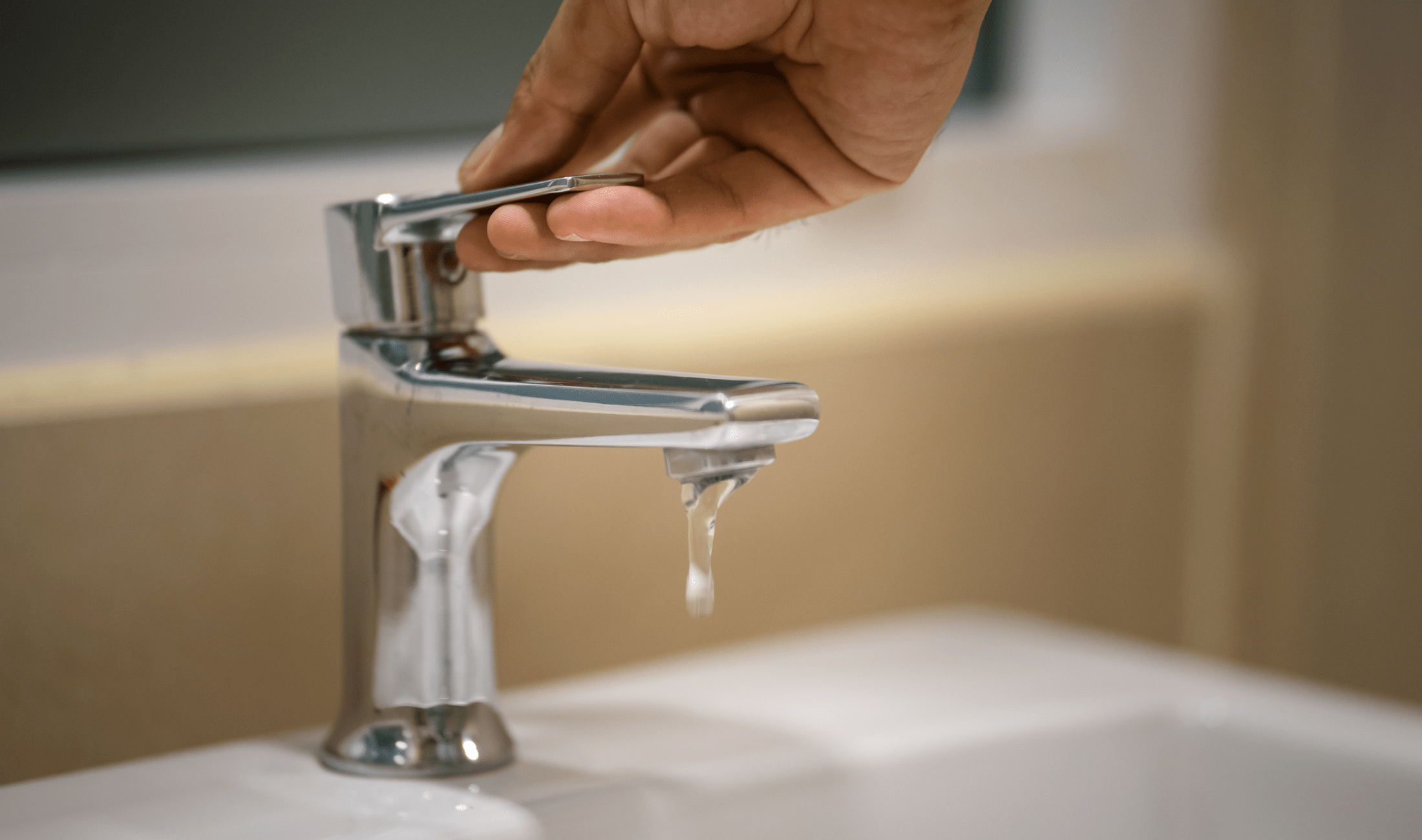
5. Your Electrical Load Limit
Every home has a limit on how much electricity it can safely handle. If you’re constantly tripping breakers or using extension cords everywhere, you’re likely overloading circuits. Find out what size electrical panel you have (like 100-amp or 200-amp) and know which outlets run on the same line. Too much power running through one area can damage appliances or create fire risks. When in doubt, have an electrician check it, especially before adding large appliances or electric heating.
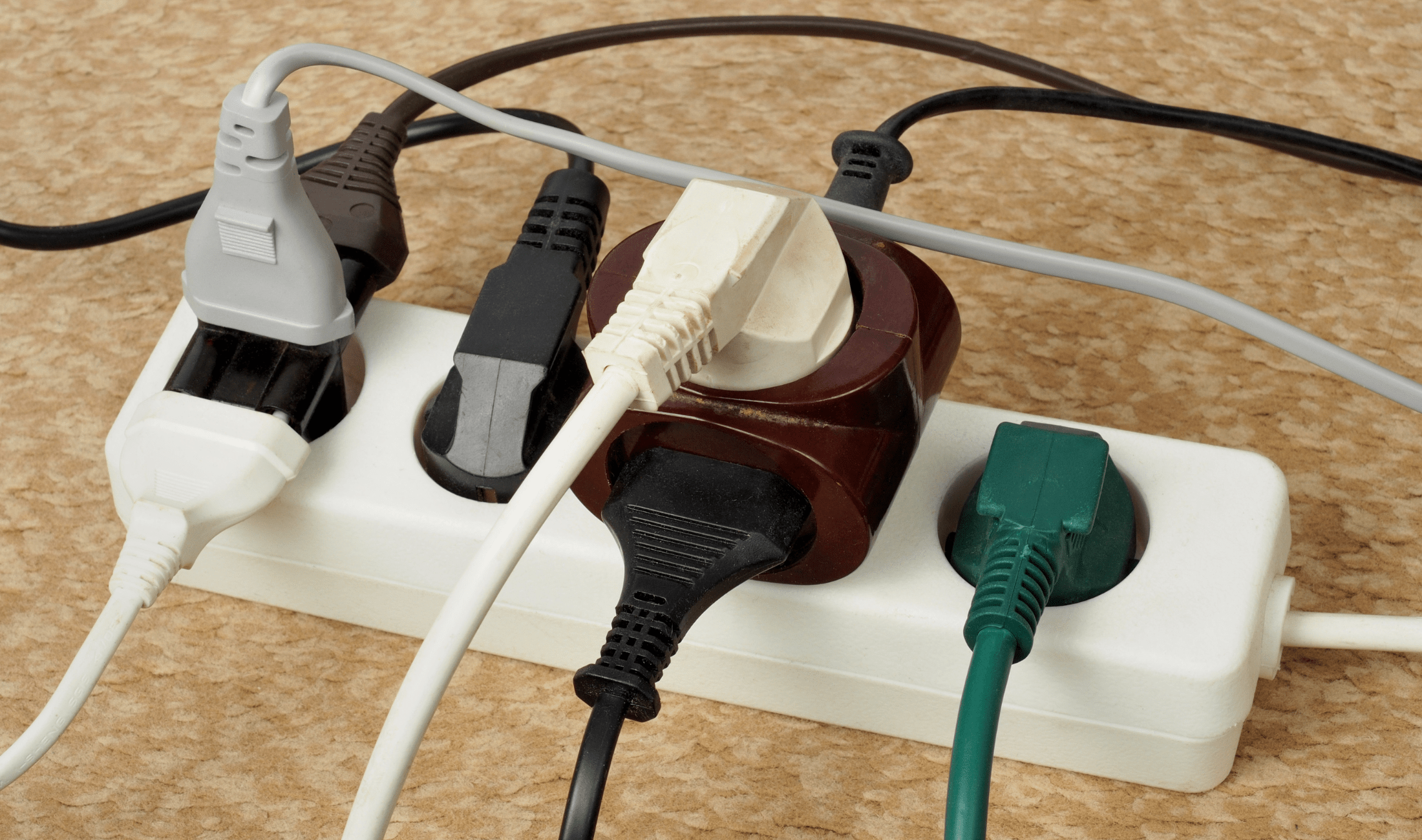
Related Articles
- These 5 Household Features Should Never Be Painted
- Transform Your Home with These Easy Natural Cleaning Hacks
- 4 Ways to Quiet the Most Common Household Noises
Knowing your house inside and out isn’t about being a “perfect” homeowner, it’s about staying one step ahead of problems. Most house troubles don’t start big, they start small, unnoticed, and easy to fix if caught early. Take the time to learn your home’s quirks and limits. Check the little things now before they turn into big issues later. It’s one of the best ways to take care of both your home and your peace of mind (and, sometimes, your wallet).

